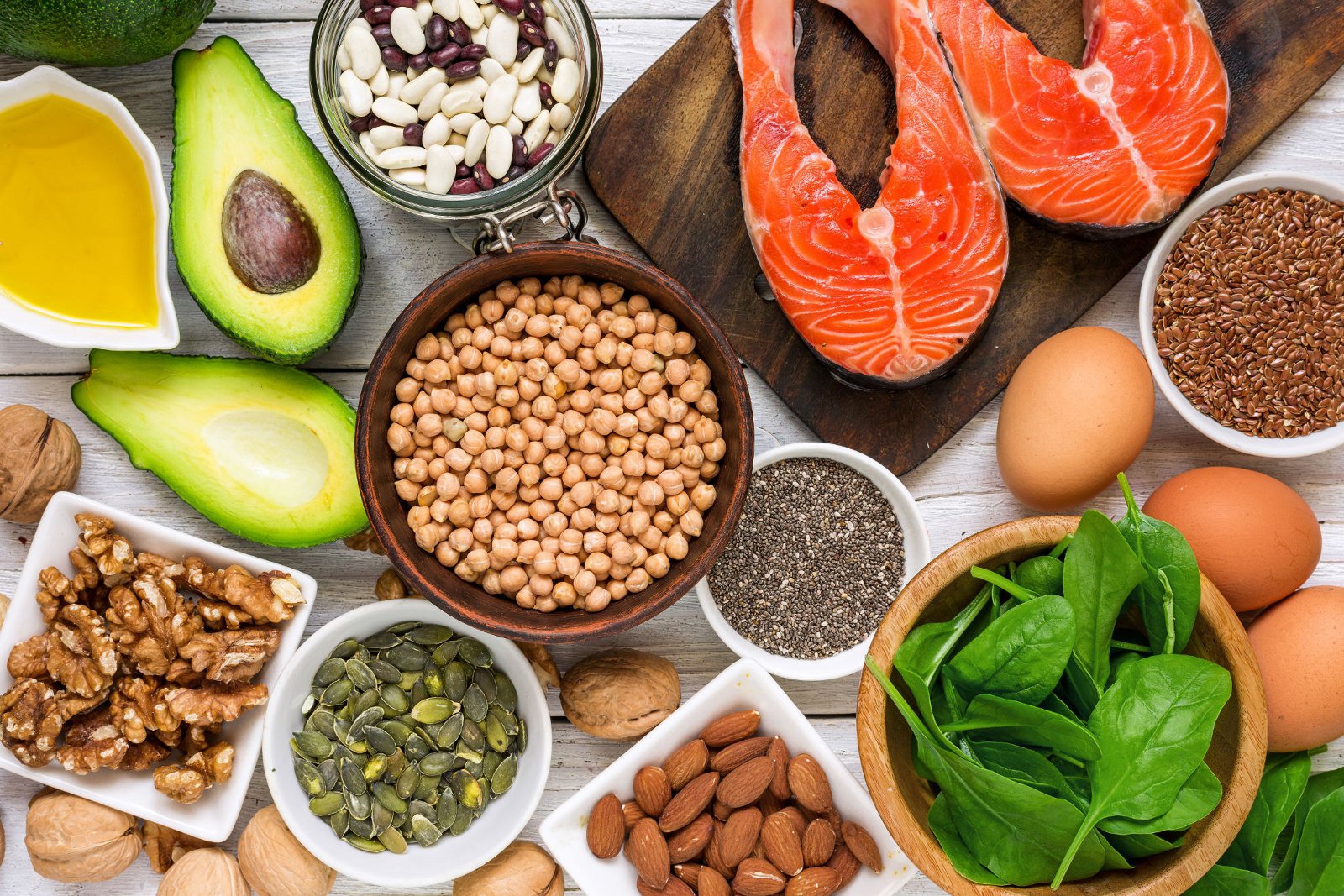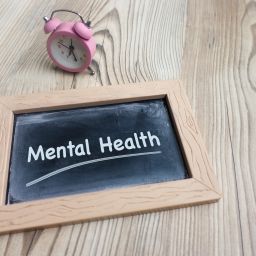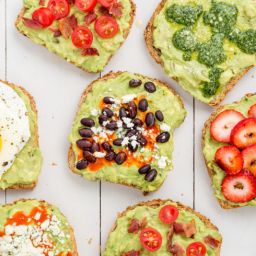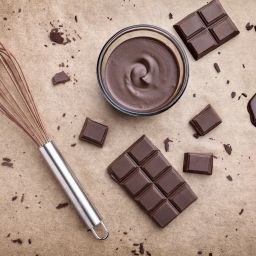Our immune system is wonderfully complex. It has a full-time job ensuring 24/7 that we are functioning at the level needed to ensure good health and wellbeing. There are several things we can do ourselves to take the pressure off our hardworking immune system as well as supporting the great job its already doing. Every good army marches on its tummy and our immune system army is no different. So the first thing I look at is diet……..
DIET
Eating a varied diet to ensure we are receiving the nutrients, vitamins, minerals, antioxidants, and fibre we require to function at optimal level. Lean meat and sea food provide us with a lot of our minerals or, if you don’t eat meat, green leafy veg, nuts and seeds. Fruits and vegetables provide an abundant amount of nutrients and antioxidants, that help reduce oxidative stress and are an excellent source of our water-soluble vitamins so should be eaten daily. Fermented foods are also a fantastic way of supporting our gut function which is our first line of defence against illness and invaders.
- Beta-Carotene:Beta-carotene is a powerful antioxidant that can reduce inflammation and boost immune function by increasing disease-fighting cells in the body. Excellent sources include sweet potatoes, carrots, and green leafy vegetables.
- Vitamins C and E:Vitamins C and E are antioxidants that help to destroy free radicals and support the body’s natural immune response. Sources of vitamin C include red peppers, oranges, strawberries, broccoli, mangoes, lemons, and other fruits and vegetables. Vitamin E sources include nuts, seeds, spinach, and broccoli.
- Vitamin D: 1 in 4 people in the uk are thought to be deficient in Vit D. Our main source being sunlight and living in the uk in winter we get a hard time getting all of what we need to support our immune system. I recommend a supplement between the months of Oct to March when the days are shorter. Good sources include fortified cereals and dairy, mushrooms, and egg yolks also a good source.
- Zinc:Zinc is a mineral that can help boost white blood cells, which defend against infection. Sources include nuts, pumpkin seeds, sesame seeds, chickpeas and red meat.
SLEEP
Our bodies heal and repair whist we to rest and recharge. Inadequate sleep has also been linked to suppressed immune function. Studies have shown between 6 to 8 hours of uninterrupted sleep is what is needed to prevent any serious health problems- such as like heart disease, Alzheimer’s disease, and obesity. If you are having issues with sleep try the following.
a. Eat smaller meals in the evenings to allow adequate digestion to happen.
b. Turn off all screens and phones at least 2 hours before bed.
c. Try some calming meditations and essential oils such as lavender and frankincense.
d. Reading and journal which can be a fantastic tool to add to your day as helps deal with stress which also impacts the immune system.
STRESS
Stress can take many different forms. It could be emotional, physical, or even mental. It may also be an internal or external stressor. Stress absolutely can have a positive attachment, such as motivation for you to step out of your comfort zone, achieving goals you have set. However, at other times its simply overwhelming and if it gets to a chronic stage it can have huge impacts on our immune system. Chronic inflammatory conditions such as chronic fatigue and colitis to name a couple.
The most important advice I give my clients is to:
a. Write down all the sources of stress in their life.
b. Go through each one focusing on which ones they have influence over and which ones they don’t.
c. Placing some positive action against these stressors could have a huge impact on our lives.
Taking small simple consistent action to help your body on a daily basis is key to ensure your wellbeing supports your immune system
On Site Wellbeing Company provide a variety of Workshops, classes and activities including Wellbeing to Support Your Immune System both online and onsite for organisations and companies.
If you’d like to know more then Contact Us or call us on 0333 900 0212.

















